insulin injection is a method of delivering insulin, a hormone that regulates blood sugar levels, into the body. Insulin injections are primarily used to treat diabetes, a condition where the body either does not produce enough insulin (Type 1 diabetes) or cannot use insulin effectively (Type 2 diabetes).
Key Points About Insulin Injections:
- Purpose:
- Insulin helps glucose (sugar) move from the bloodstream into cells, where it is used for energy.
- In people with diabetes, insulin injections help maintain normal blood sugar levels and prevent complications like hyperglycemia (high blood sugar) or hypoglycemia (low blood sugar).
- Types of Insulin:
- Rapid-acting: Works quickly and is taken before meals.
- Short-acting: Covers blood sugar increases after eating.
- Intermediate-acting: Provides longer blood sugar control between meals.
- Long-acting: Maintains blood sugar levels throughout the day and night.
-
An insulin injection is a method of delivering insulin, a hormone that regulates blood sugar levels, into the body. Insulin injections are primarily used to treat diabetes, a condition where the body either does not produce enough insulin (Type 1 diabetes) or cannot use insulin effectively (Type 2 diabetes).
Key Points About Insulin Injections:
- Purpose:
- Insulin helps glucose (sugar) move from the bloodstream into cells, where it is used for energy.
- In people with diabetes, insulin injections help maintain normal blood sugar levels and prevent complications like hyperglycemia (high blood sugar) or hypoglycemia (low blood sugar).
- Types of Insulin:
- Rapid-acting: Works quickly and is taken before meals.
- Short-acting: Covers blood sugar increases after eating.
- Intermediate-acting: Provides longer blood sugar control between meals.
- Long-acting: Maintains blood sugar levels throughout the day and night.
- Mixed insulin: Combines two types of insulin in one injection.
- Delivery Methods:
- Syringes: The traditional method of injecting insulin into the fat under the skin.
- Insulin pens: Pre-filled devices that are convenient and easier to use than syringes.
- Insulin pumps: Small devices worn on the body that deliver continuous insulin through a catheter.
- Inhaled insulin: An alternative for some rapid-acting insulin types.
- Injection Sites:
- Insulin is usually injected into fatty tissue for better absorption. Common sites include:
- Abdomen
- Thighs
- Upper arms
- Buttocks
- Insulin is usually injected into fatty tissue for better absorption. Common sites include:
- Technique:
- Wash hands and clean the injection site with alcohol.
- Pinch the skin to form a fold (optional, depending on the needle length).
- Insert the needle at a 90-degree angle (or 45 degrees for thinner skin).
- Inject insulin slowly and remove the needle.
- Potential Side Effects:
- Low blood sugar (hypoglycemia)
- Weight gain
- Redness or swelling at the injection site
- Lipodystrophy (thickened or dimpled skin from repeated injections in the same spot)
Importance of Proper Usage:
Proper insulin injection technique, timing, and dosage are critical to managing diabetes effectively and preventing complications. Diabetics should work closely with healthcare professionals to create a personalized insulin regimen.
- Purpose:
- Delivery Methods:
- Syringes: The traditional method of injecting insulin into the fat under the skin.
- Insulin pens: Pre-filled devices that are convenient and easier to use than syringes.
- Insulin pumps: Small devices worn on the body that deliver continuous insulin through a catheter.
- Inhaled insulin: An alternative for some rapid-acting insulin types.
- Injection Sites:
- Insulin is usually injected into fatty tissue for better absorption. Common sites include:
- Abdomen
- Thighs
- Upper arms
- Buttocks
- Insulin is usually injected into fatty tissue for better absorption. Common sites include:
- Technique:
- Wash hands and clean the injection site with alcohol.
- Pinch the skin to form a fold (optional, depending on the needle length).
- Insert the needle at a 90-degree angle (or 45 degrees for thinner skin).
- Inject insulin slowly and remove the needle.
- Potential Side Effects:
- Low blood sugar (hypoglycemia)
- Weight gain
- Redness or swelling at the injection site
- Lipodystrophy (thickened or dimpled skin from repeated injections in the same spot)
Importance of Proper Usage:
Proper insulin injection technique, timing, and dosage are critical to managing diabetes effectively and preventing complications. Diabetics should work closely with healthcare professionals to create a personalized insulin regimen.

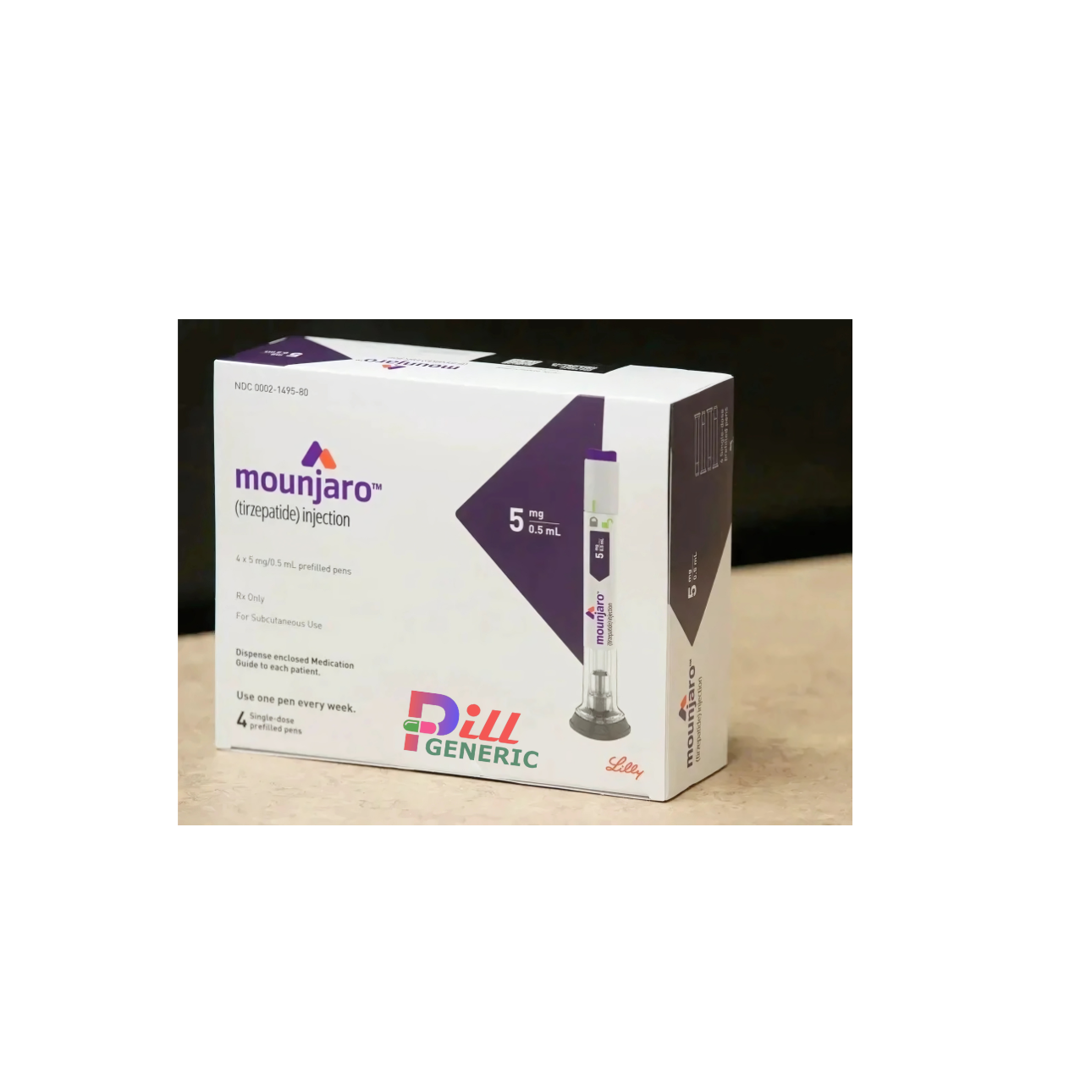
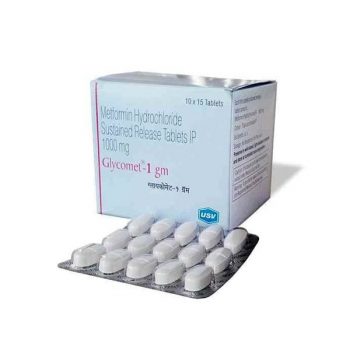

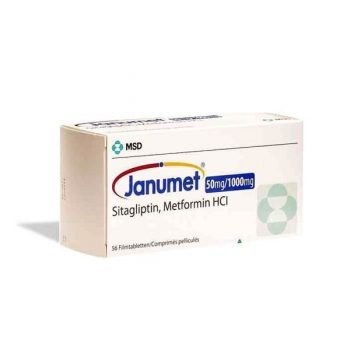
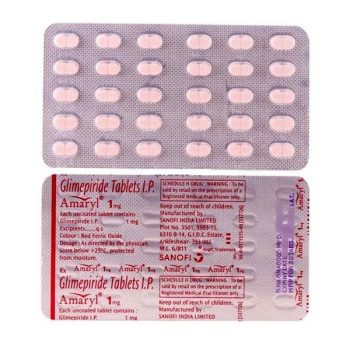
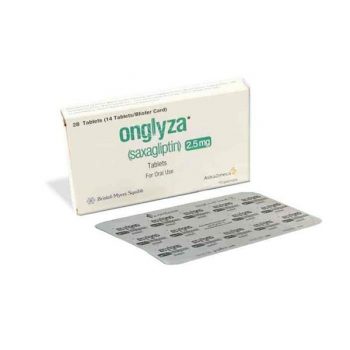
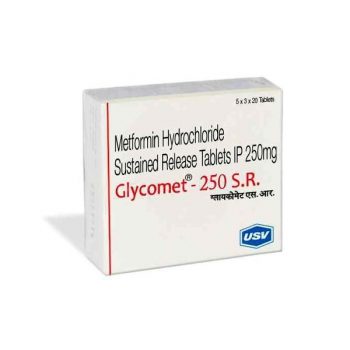

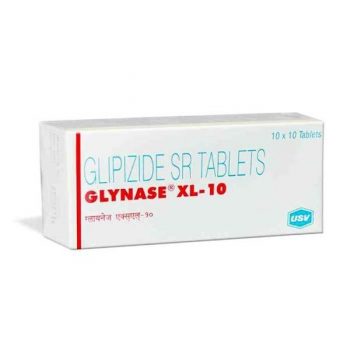
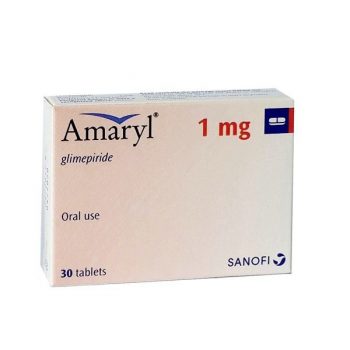
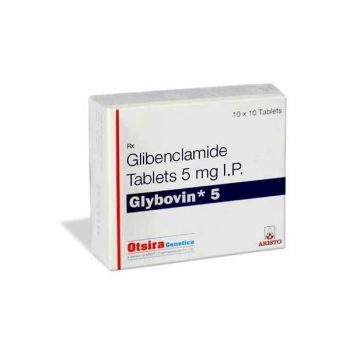
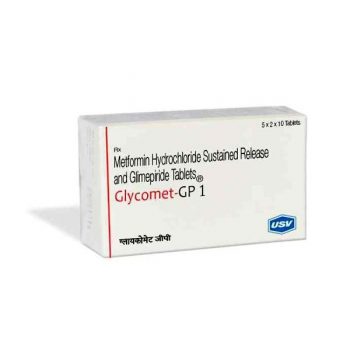
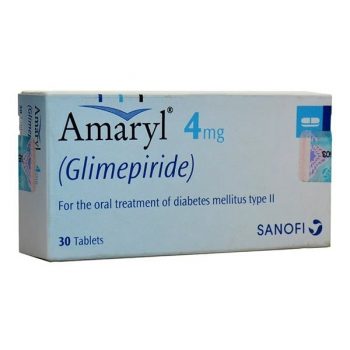
Reviews
There are no reviews yet.